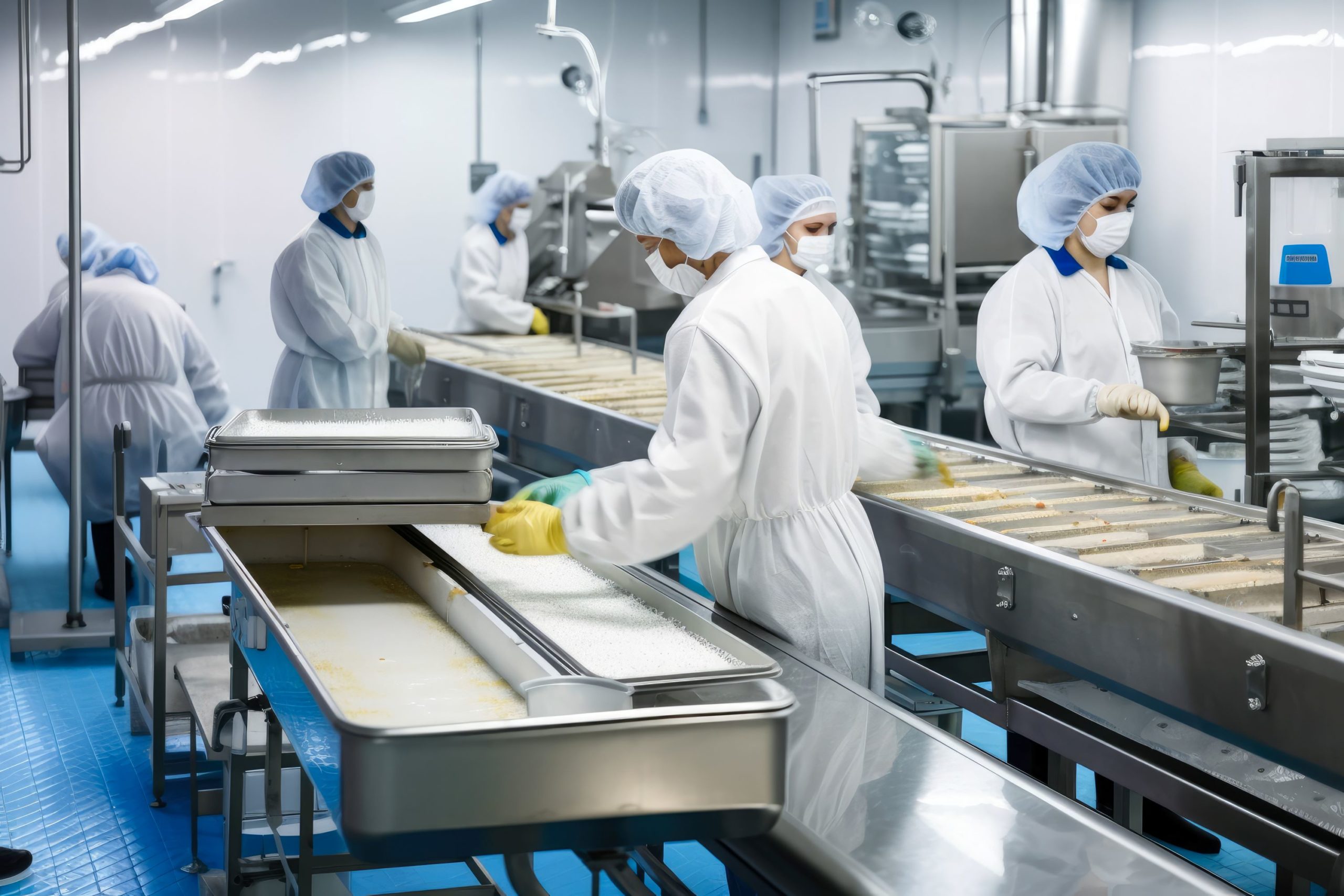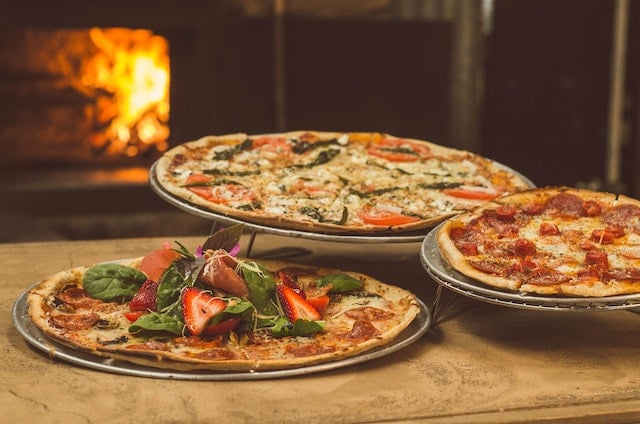When you run a café or bar, your customers expect the food to be fresh and safe for consumption. It’s crucial to meet these expectations to maintain a good reputation and keep customers coming back.
To meet the standards of high-quality food preservation, it’s advisable to implement effective food preservation practices. Therefore, whether you own a small café or a bustling bar, consider adhering to these guidelines to ensure your food stays fresh and uncontaminated.
Are you ready to learn about sustaining the quality and safety of your food? Let’s get started:
- Temperature Control
Maintaining the ideal temperature is vital for preserving the freshness of food, as it prevents the growth of harmful germs. However, note that different types of food require specific temperature ranges to retain their taste and quality.
Thus, selecting the perfect fridge for cafe or bar is vital. When choosing a refrigerator, consider the type of food you’ll store in it, the volume and variety of food, and the available space for installation.
For accurate monitoring of your fridge’s temperature, it’s advisable to use a digital thermometer. Ideally, the temperature inside should be between 0°C and 5°C. It’s advisable to record the temperature throughout the day to ensure it stays within the desired range.
In addition, it’s essential to label all items with their date of receipt to track their age and shelf life. Proper inventory management ensures that older items are used first, promoting efficient stock rotation.
- Storage Practices
Adequate food storage is critical in preserving its freshness. By implementing the first-in, first-out (FIFO) system, cafes and bars can prioritize the consumption of older products over newer ones. This practice helps preserve the freshness of the food and prevents it from becoming unusable.
Containers with tightly fitting lids are essential to prevent air and moisture from spoiling the stored food. A vacuum sealer can also aid in removing air and prolonging the freshness of food.
Keeping raw food separate from cooked food stops the spread of germs. For cross-contamination prevention, storing meat, poultry, and fish in different containers at the bottom of the refrigerator is essential. Furthermore, to maintain freshness and promote proper airflow, keeping food items independently and avoiding packing them tightly is advisable.
- Food Rotation
As mentioned earlier, using the FIFO storage method is essential to minimize food waste. However, it’s important to note that different foods have varying shelf lives. That’s why planning and rotating food regularly is necessary to avoid using expired items.
To prevent spoilage, consuming perishable items, such as milk, cream, and fruits, within a few days is best. Keep an eye on expiration dates and the age of stored products to uphold quality. If food is nearing its expiration date, freezing is a good practice to extend its shelf life.
- Proper Handling And Hygiene
Ensuring food safety involves more than just maintaining the temperature and storage conditions. It’s equally important to handle food correctly and maintain excellent hygiene. For this reason, it’s important to train staff in food handling, hygiene practices, and equipment cleaning.
Employees should wear gloves and regularly wash their hands when dealing with food. It’s also vital to keep utensils clean, particularly after handling raw food, to prevent cross-contamination. Using different colours for various types of equipment can be a helpful approach to avoid confusion and ensure cleanliness.
Every workplace should have designated areas for handwashing, complete with accessible soap and water, making it convenient for everyone to maintain clean and hygienic hands.
- Preservation Methods
To prevent food spoilage, cafes and bars employ various preservation methods. Techniques such as pickling, fermenting, salting, smoking, and preserving under oil can effectively extend the freshness of food.
For instance, pickling has gained popularity among chefs experimenting with new combinations and flavours. Similarly, fermented foods like kimchi and sauerkraut are well-liked as they offer a tasty means of preserving food.
- Regular Upkeep
Maintaining cleanliness is vital in ensuring food remains safe and fresh for longer. It’s essential to regularly clean utensils, equipment, and surfaces to prevent bacterial growth. Also, remember to clean and defrost the refrigerator regularly to avoid ice buildup.
Furthermore, it’s essential to regularly service and maintain all appliances to keep them in optimal working order. Providing staff with training on maintenance tasks and establishing a schedule for regular upkeep is also necessary. These measures will help identify and address any issues before they compromise the quality and safety of the food.
Key Takeaway On Food Preservation
The key to success in any food and beverage business is to ensure that you deliver quality and that your customers are satisfied. Achieving optimal quality involves preserving food correctly and strictly following all safety protocols. Keep all these tips in mind, and you’ll be able to protect the food you handle while keeping your clients safe.



